Current Technologies: Reshaping Our World Today
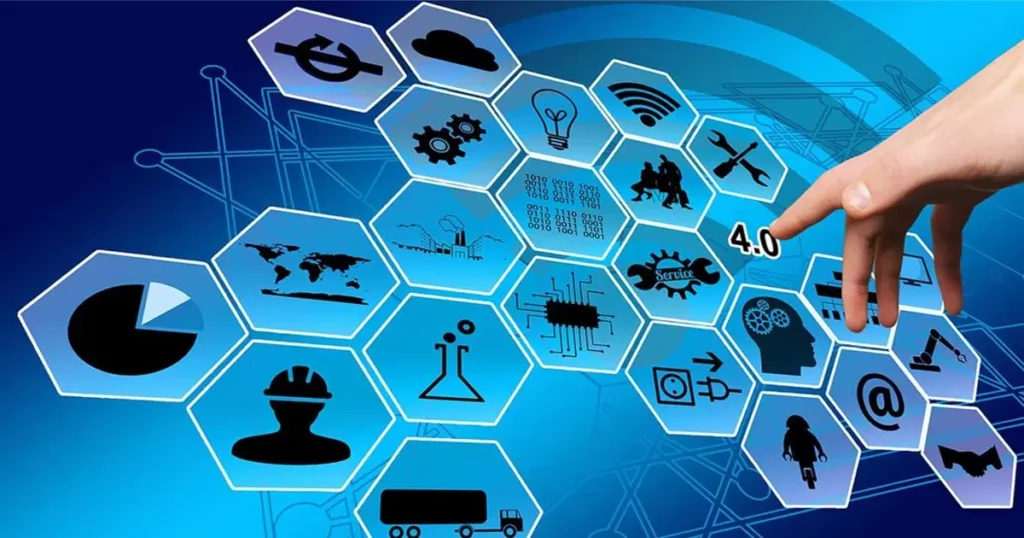
In today’s modern era, technology is undeniably the driving force behind transformative global change. From revolutionizing healthcare to reshaping entire industries, innovative solutions are leaving an indelible impact. This article delves into the top 12 current technologies that are making waves today and holding the promise of shaping a profoundly impactful future.
Artificial Intelligence (AI) and Machine Learning (ML)
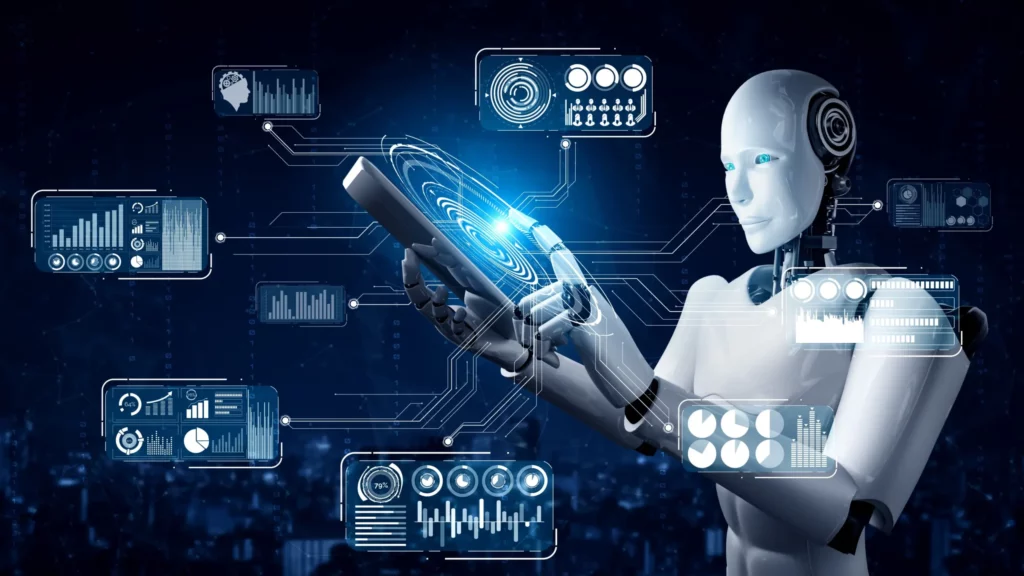
Artificial Intelligence and Machine Learning stand as the cornerstones of this technological revolution. These revolutionary technologies empower machines to learn from data, adapt to new information, and make decisions previously deemed the realm of human intellect. AI and ML are overhauling various sectors with unparalleled capabilities, from virtual assistants like Siri and Alexa to self-driving cars and advanced medical diagnostics.
5G Technology

The emergence of 5G technology heralds an entirely new era of connectivity. This high-speed, low-latency network is poised to revolutionize industries by ushering in lightning-fast internet speeds and seamless communication. Beyond merely enhancing internet browsing, 5G enables real-time remote surgeries and augments reality experiences, expanding its capabilities exponentially.
Internet of Things (IoT)
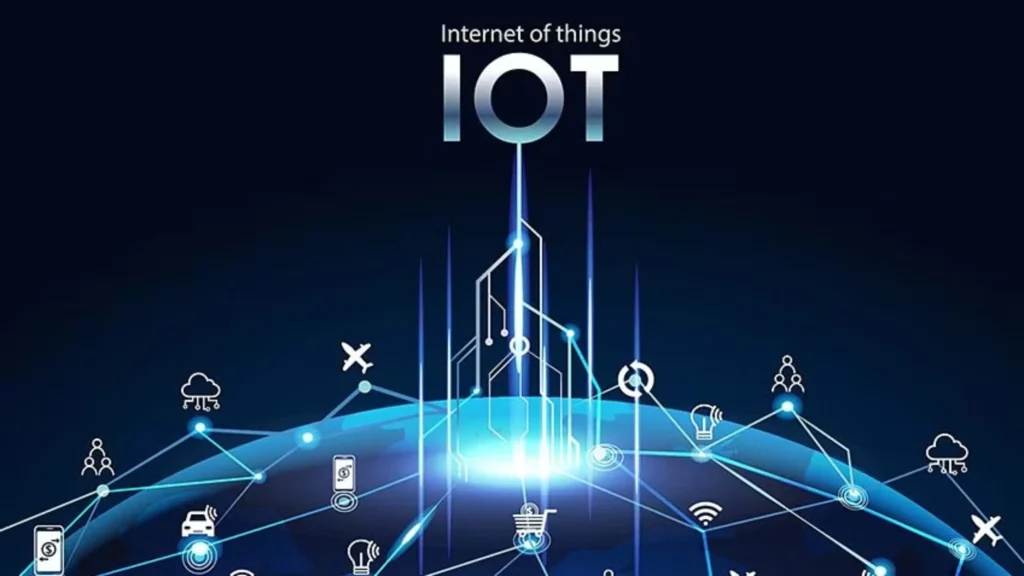
The Internet of Things (IoT) is an intricate technological ecosystem wherein everyday objects seamlessly communicate through the Internet, enabling data exchange and automation. Smart homes, industrial automation, and intelligent cities exemplify how IoT enhances convenience, efficiency, and sustainability across diverse domains.
Quantum Computing

Quantum computing is on the brink of revolutionizing computation. By harnessing the principles of quantum mechanics, these computers execute complex calculations at speeds hitherto unimaginable with conventional counterparts. Though in its infancy, quantum computing holds the potential to unravel problems once deemed impossible due to their complexity.
Biotechnology and CRISPR

Biotechnology is witnessing awe-inspiring breakthroughs, with CRISPR-Cas9 gene editing leading the way. This groundbreaking technology empowers scientists to edit genetic material precisely, offering the potential to treat genetic disorders and formulate personalized medical treatments. The implications for healthcare are profound and far-reaching.
Renewable Energy and Energy Storage

Amidst the backdrop of climate change, renewable energy sources are gaining paramount importance. Innovations in solar, wind, and other green energy sources propel the transition toward a more sustainable energy landscape. Paired with advancements in energy storage technologies like improved batteries and hydrogen fuel cells, we edge closer to realizing a carbon-neutral future.
Augmented Reality (AR) and Virtual Reality (VR)
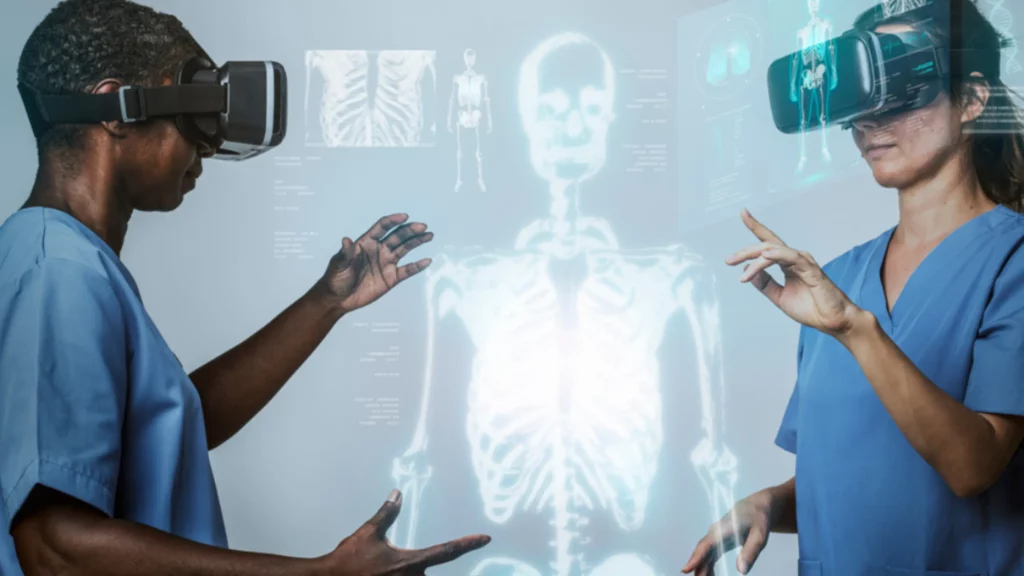
Augmented and virtual reality technologies are reshaping how we perceive and experience the world around us. From immersive gaming to training simulations for professionals such as surgeons and pilots, AR and VR bridge the gap between the digital and physical realms. These technologies usher in novel education, entertainment, and innovative problem-solving dimensions.
Blockchain Technology
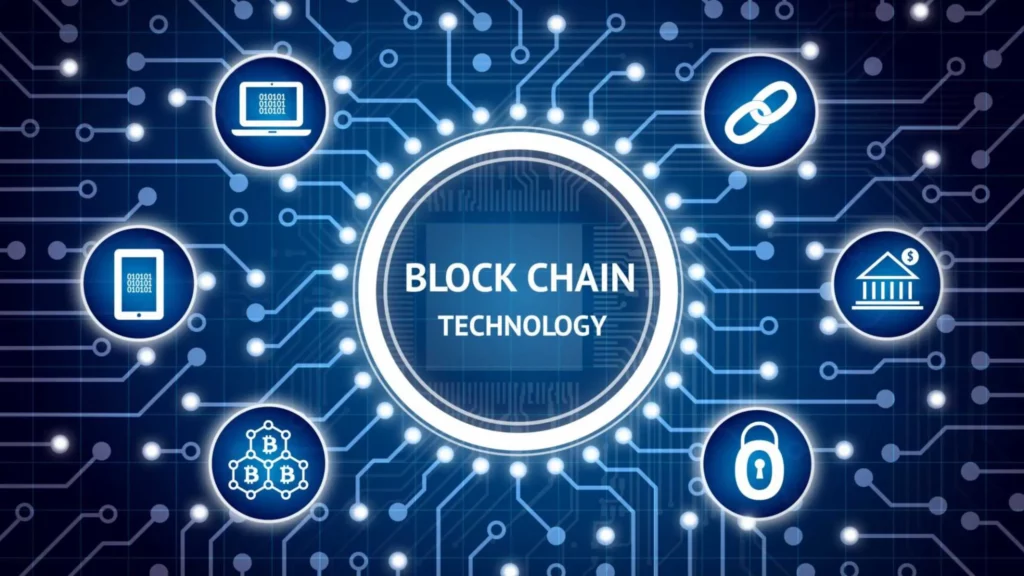
Blockchain technology, famously linked with cryptocurrencies like Bitcoin, redefines data security and transparency. By offering a decentralized and tamper-proof method of recording transactions, blockchain finds applications across sectors like finance, supply chain management, and digital identity verification.
Advanced Robotics

They are equipped with AI and sophisticated sensors, and advanced robotics herald a new era of automation. Using these robots has boosted efficiency and safety in manufacturing, healthcare, and agriculture. They can precisely execute intricate tasks, mitigate human error, and increase productivity.
Autonomous Vehicles
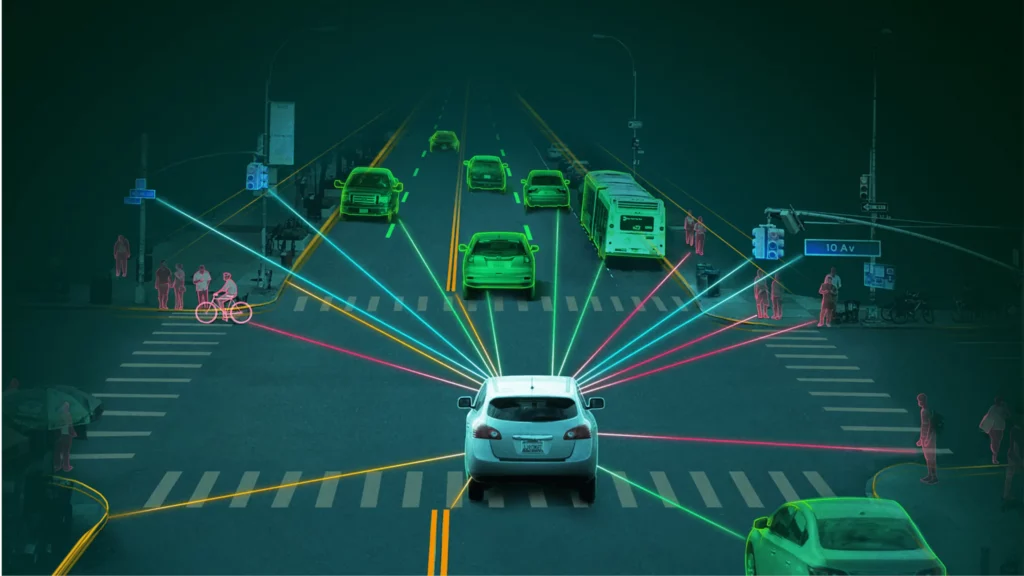
Self-driving vehicles are at the forefront of transportation innovation. With AI, sensors, and intricate algorithms, they hold the potential to drastically reduce accidents, enhance traffic flow, and revolutionize mobility. While regulatory hurdles remain, promising safer and more efficient roads is tantalizing.
Biometric Technology

Biometric technologies, encompassing facial recognition and fingerprint scanning, are revolutionizing security and authentication protocols. These methods provide a secure and convenient means to access devices, services, and physical spaces. However, responsible usage debates are sparked by privacy and data security concerns.
3D Printing

The world of manufacturing is transforming due to the rise of 3D printing. This technology enables the creation of intricate and customized products, ranging from medical implants to architectural models. Its potential to curtail waste, streamline production, and foster innovation has captured the attention of industries globally.
If you want to know about Wordle Today 225 lets delve into this article.
Frequently Asked Questions
Q1: What exactly is the Internet of Things (IoT)?
A1: IoT refers to an intricate network of interconnected devices and objects that communicate and exchange data via the Internet. These objects can range from commonplace appliances to industrial machinery, enabling automation and data-informed decision-making.
Q2: How does Blockchain guarantee data security?
A2: Blockchain utilizes a decentralized and tamper-proof framework for recording transactions. Each transaction, or “block,” is sequentially linked in a chain, rendering altering past data nearly impossible without network consensus. This ensures data security and integrity.
Q3: What potential risks come with AI and automation?
A3: While AI and automation offer myriad advantages, concerns revolve around job displacement, ethical quandaries, and biases ingrained in algorithms. Striking a balance between technological advancement and responsible implementation remains crucial.
Q4: Can you explain how 3D printing operates?
A4: 3D printing, or additive manufacturing, constructs objects layer by layer based on digital designs. It employs materials like plastics, metals, and even organic compounds, allowing for precision-crafted, customized structures.
Q5: How will quantum computing impact cryptography?
A5: Quantum computers have the potential to break current encryption methods safeguarding digital communication and data. Nonetheless, they also offer the opportunity to develop quantum-resistant cryptographic techniques to counteract this threat.
Q6: Do privacy concerns accompany biometric technologies?
A6: Absolutely, privacy concerns are inherent with biometric technologies. Collecting and storing biometric data raises queries about security and potential misuse. Balancing convenience with safeguarding personal information remains an ongoing challenge.
Conclusion
The contemporary world is irrevocably shaped by these 12 trailblazing technologies that stretch the limits of human capability and comprehension. From the intellectual prowess of AI to the sustainable promise of renewable energy, each innovation possesses the potential to reshape industries, enhance lives, and challenge our perceptions of what is achievable. As we continue to embrace these advancements, we must navigate their ethical, regulatory, and societal implications with diligence.




